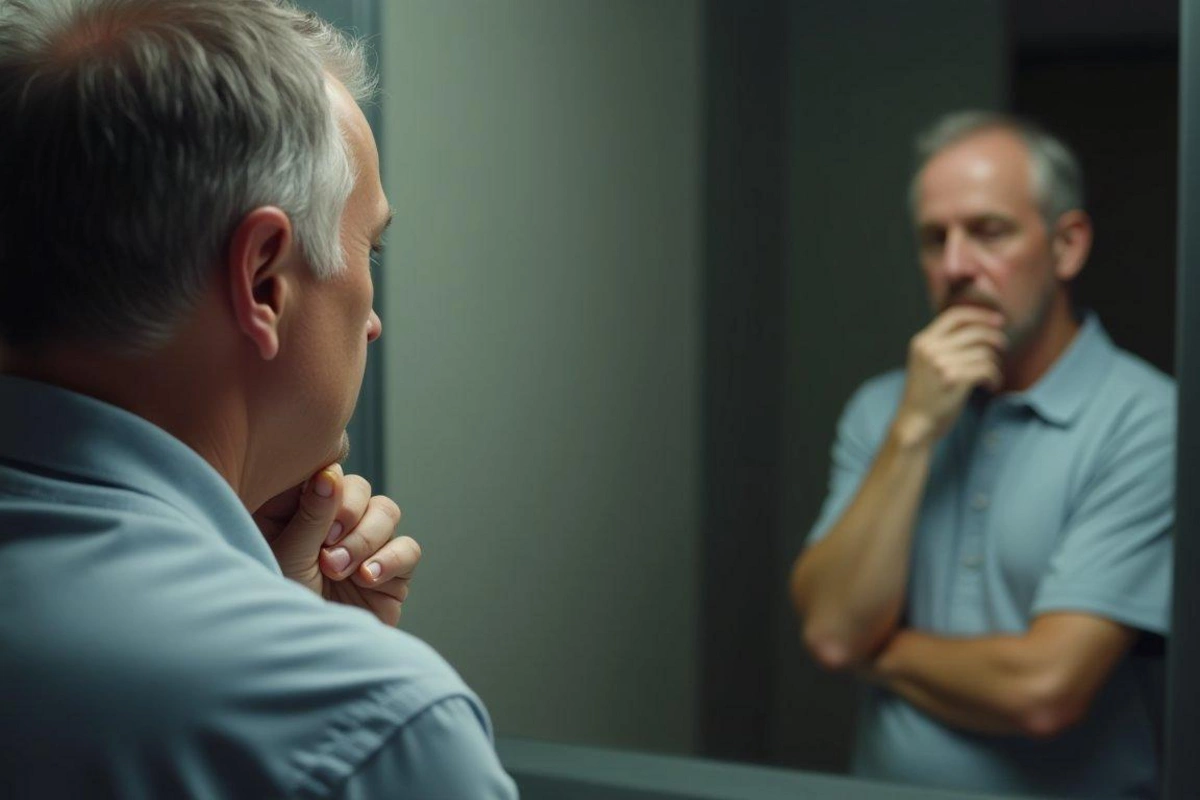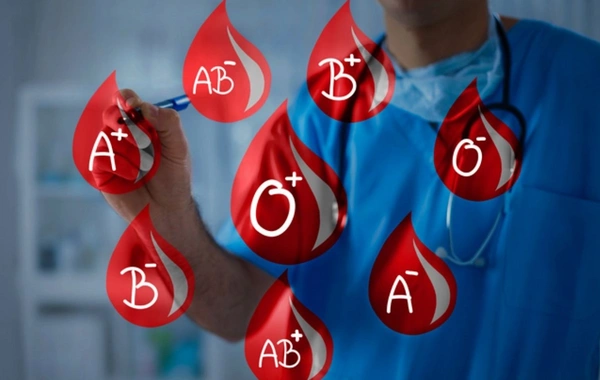Male menopause: myth or reality that every second man faces?

Male Menopause: The Hidden Reality That Nobody Talks About
We're used to thinking that menopause is exclusively a woman's story. However, medical statistics claim: up to 30% of men over 40 face symptoms similar to menopause. This condition, although not officially recognized as a separate diagnosis, can seriously affect quality of life. Let's figure out if male menopause really exists, how it manifests, and how to support a loved one going through this difficult stage.
What is male menopause?
Male menopause, or andropause (androgenic deficiency), is a combination of physiological and psychological changes that can overtake a man at the age of 40-50 years and older. It's characterized by depression, decreased libido, erectile problems, and other symptoms that worsen well-being.
However, it's important to clarify: the scientific community approaches the term "male menopause" with caution. Unlike female menopause, where estrogen levels drop sharply due to ovarian shutdown, in men testosterone decreases gradually - approximately 1% per year after 30-40 years. For most, this goes unnoticed, but for some, the symptoms become obvious.
Interest in andropause emerged back in the 1940s, when endocrinologists began studying age-related changes in men. Today, this topic is more relevant than ever - especially given the increase in life expectancy and attention to its quality.
How does male menopause manifest?
Andropause symptoms are diverse and can affect both body and psyche. Here are the main signs:
- Decreased sexual desire and activity;
- Reduction in spontaneous erections;
- Erectile dysfunction;
- Discomfort or enlargement of the mammary glands;
- Fertility problems;
- Hot flashes and increased sweating;
- Decline in energy, motivation, and confidence;
- Depression and difficulty concentrating;
- Drowsiness or sleep disturbances;
- Decrease in muscle mass and strength;
- Increase in fatty tissue.
According to the Journal of Clinical Endocrinology & Metabolism, about 20% of men over 60 have low testosterone levels, which is often associated with these symptoms.
Causes of male menopause
Andropause is not just about hormones. Its development depends on many factors:
- Physiology: natural decrease in testosterone with age, chronic diseases (diabetes, heart problems).
- Lifestyle: smoking, alcohol, sedentary regime, poor nutrition.
- Psychology: midlife crisis, when a man reassesses his life.
Professor Louis Gautier, an endocrinologist from the University of Paris, emphasizes: "Male menopause is not just a hormonal failure, but a complex interweaving of biology, psyche, and social factors."
Additional triggers:
- Chronic
Similar News
Additional flights scheduled on the Baku-Agstafa route
"Azerbaijan Railways" (ADY) has scheduled additional trips on the Baku-Aghstafa-Baku route for June 26, 27, 28, and 29 to meet the increased passenger demand. T...




 Azərbaycanca
Azərbaycanca  По-русски
По-русски  English
English 






